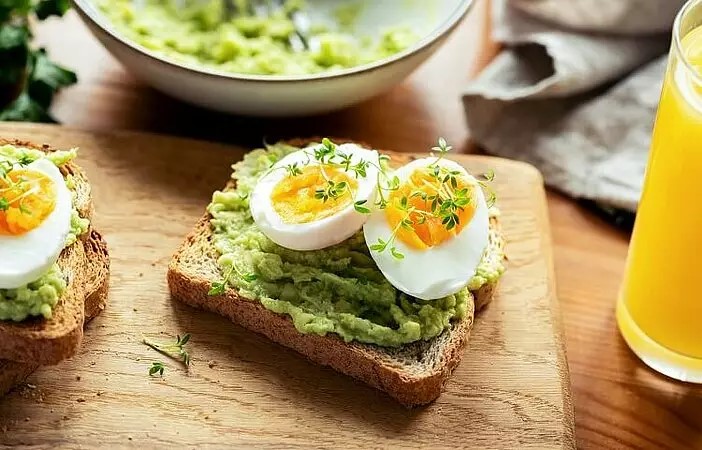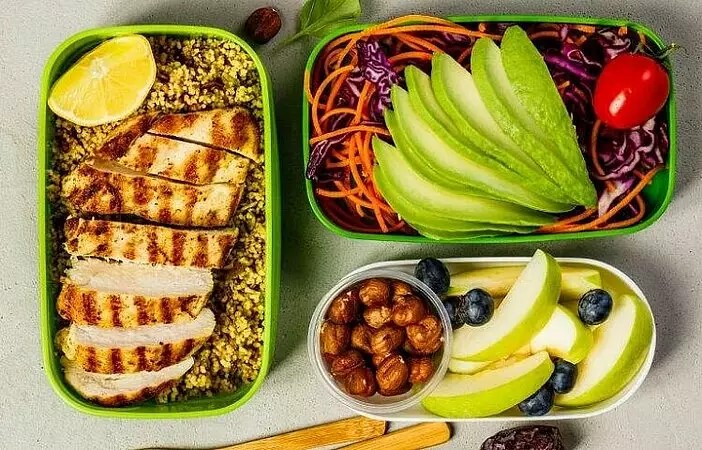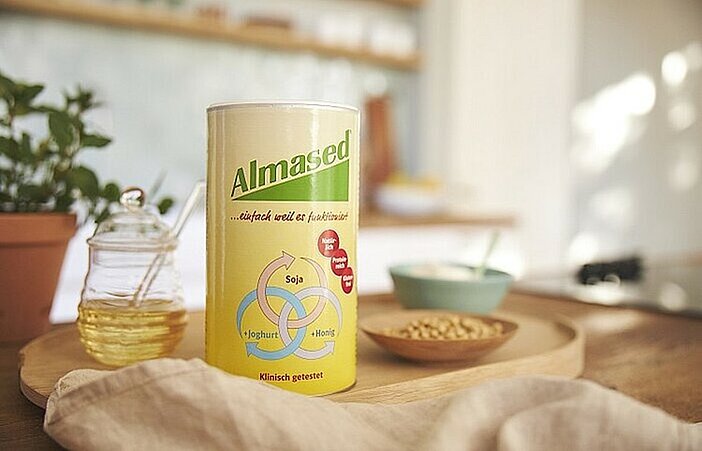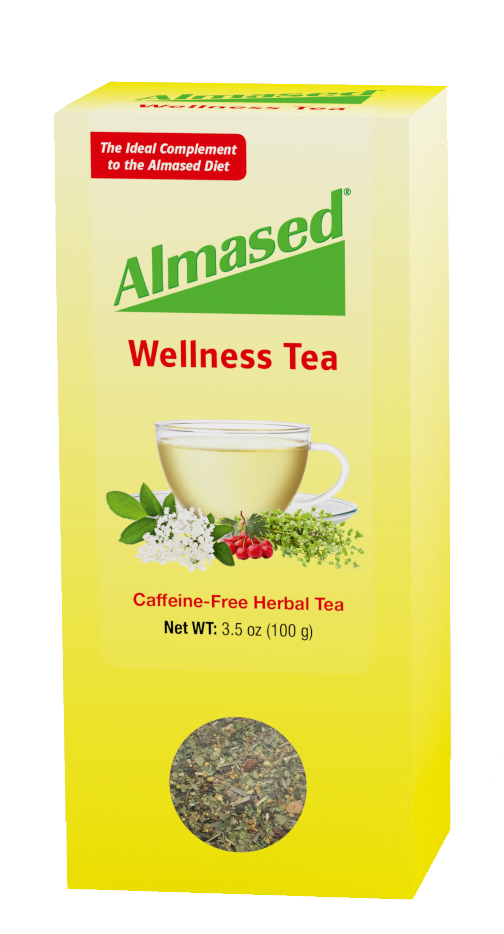
Biological value is an important measure when it comes to protein quality in food. The higher the biological value, the better dietary proteins are converted into the body's own protein. You will learn in this article how exactly protein metabolism works and how to improve protein absorption.
Topics at a glance
- Definition: What does biological value mean?
- Proteins: Building materials of life.
- Amino acids: The protein building blocks.
- Not all proteins are the same.
- Food with a high biological value.
- Tip: Increase the biological value by cleverly combining it.
- The Almased multi-component protein.
- Almased provides an optimal nutrient ratio.
Food with a high biological value
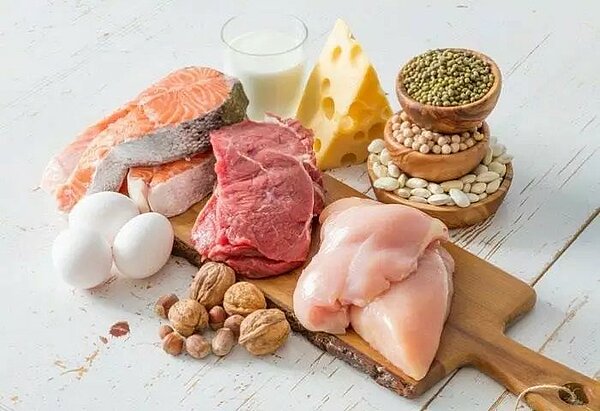
The biological value describes how efficiently a dietary protein can be converted into the body's own protein. As a reference value, one refers to the hen's egg, which has been given the value 100. The higher the value, the less protein is needed to meet one's own amino acid needs.
Whey protein | 104 |
Whole egg | 100 |
Beef | 92 |
Milk | 88 |
Soya protein | 86 |
Yogurt | 83 |
Quinoa | 82 |
Poultry | 80 |
Potatoes | 76 |
Tip: Increase the biological value by cleverly combining it

If you combine vegetable and animal proteins in the right proportions, you benefit from the advantages of both protein groups. Half to two-thirds of protein intake should ideally come from plant sources.
In a multi-component protein, the amino acids complement each other, resulting in a more diverse amino acid profile and increased biological value. This applies both to combinations of legumes with eggs, cereals or milk and the mix of meat or fish with other protein sources. Almased also contains a multi-component protein from vegetable soya protein and skimmed milk yogurt and thus offers the optimal amino acid profile.
Examples of the biological value (BV) of protein combinations
In everyday life, we naturally consume different protein sources through our meals. The best food combinations can be found in the table below.
Almased (soya protein + yogurt) | 158 |
Whole egg + potatoes | 136 |
Milk + wheat flour | 125 |
Whole egg + soya | 123 |
Milk + potatoes | 114 |
Beef + potatoes | 113 |
Soya + rice | 111 |

